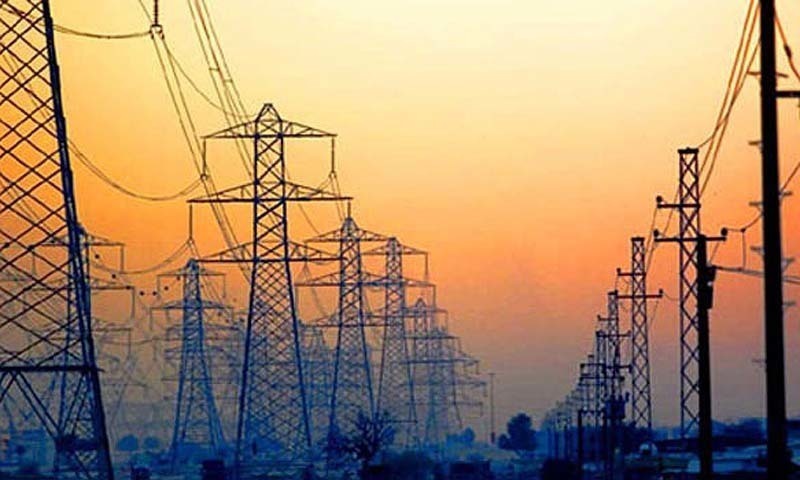The Council of Common Interests (CCI) has approved the National Electricity Policy (NEP) 2021 for the next 10 years.
In light of this policy the government will form plans on generation and transmission issues in the country. In the past capacity expansion was neither based on any logic, plan nor projection, nor the fuel or location of projects. Work had been started on NEP in 2005 but it could not be finalized. According to the new policy, all principles have been devised in consultation with all the provinces and new projects will be approved in a transparent, least cost basis and through competitive bidding.
What needs to be realized is that Pakistan’s key problem of electricity is not generation but a financial problem because of capacity payments which increase circular debt. The second major issue is transmission system. Presently, transmission capacity has been enhanced from 20,000MW to 24,000MW which still requires an addition of 10,000MW. Rs 100 billion has been allocated in federal budget for the up gradation of transmission and distribution systems.
Under this new power police the share of renewable energy in total power supply will be increased to 20 per cent by 2025 and 30 per cent by 2030 which currently stands at only 5 percent. Hydropower would also be included in the renewable energy category under which its share would also increase to 60 per cent by 2030. Pakistan installed capacity is about 35,000MW of which 33,700MW is dependable capacity.







